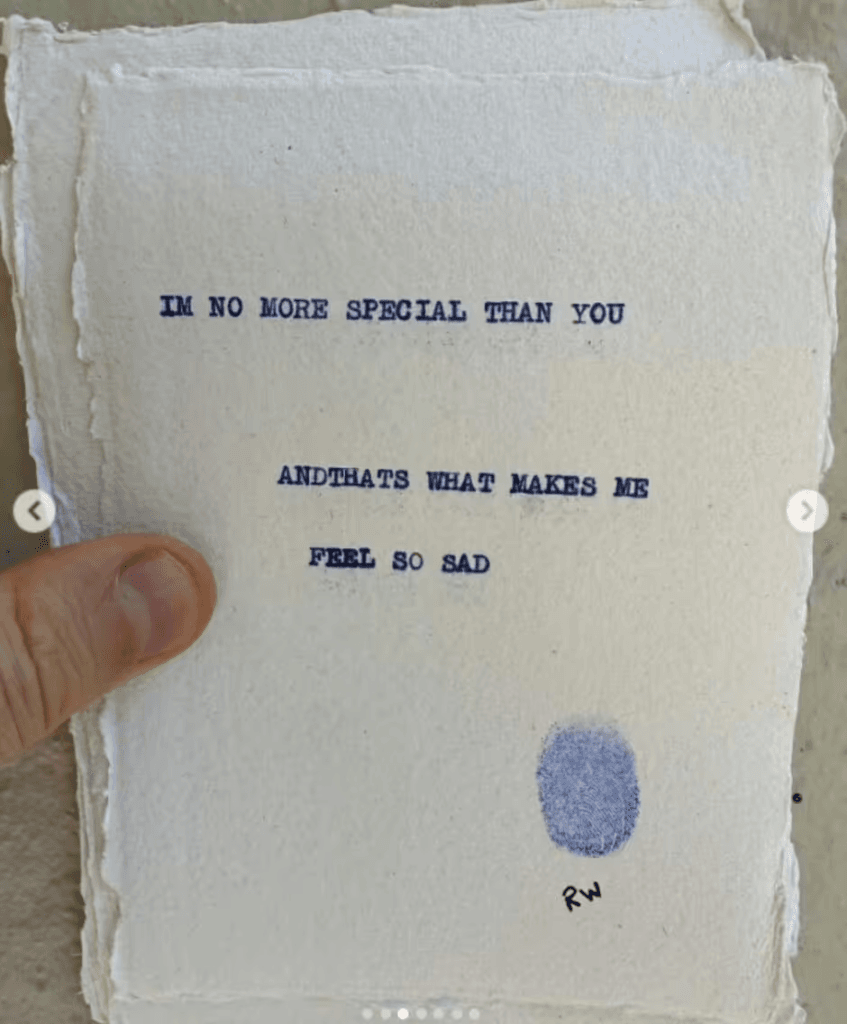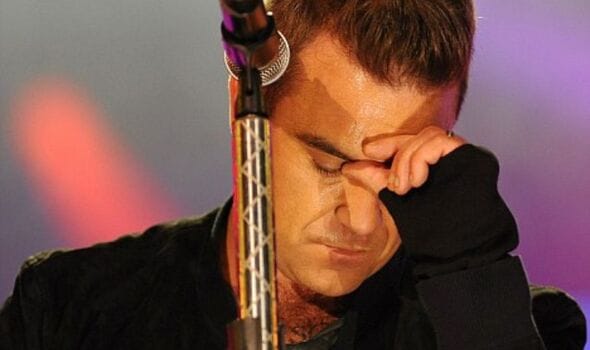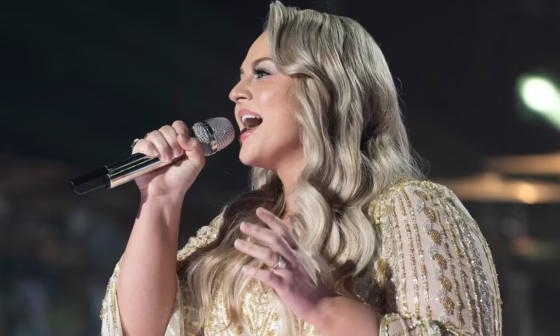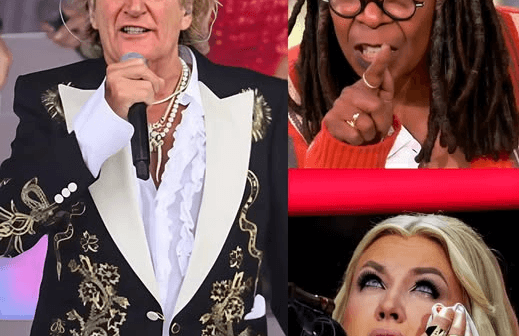Pop icon Robbie Williams has opened up about the overwhelming emotional toll—and unexpected healing—that followed the release of his self-titled Netflix documentary.
The candid four-part series chronicled the meteoric highs and crushing lows of his decades-long career, from global stardom with Take That and solo success, to battles with addiction, mental illness, and self-worth. And while the documentary offered Robbie a chance to tell his truth, he wasn’t prepared for what came next: thousands of messages of love.
“I have felt despised. To my core, I was an embarrassment. I have felt worthless no matter what I achieved. And today I don’t,” Robbie admitted in a vulnerable social media post this week.
Tears in New Zealand
Speaking from New Zealand—where he’s currently traveling with nothing but a suitcase and a typewriter—Williams shared a selfie video describing the tidal wave of emotion he felt after the documentary aired.
“As with tears, my first response was to stop them,” he said. “And then I told myself, ‘Nah, f*** it. Go on, have a big blub’. So I did. I blubbed.”
The 50-year-old star explained that while he couldn’t pin down one reason for his tears, the dominant emotion was “relief”—a release of years of buried shame, pain, and silence.
From Shame to Solidarity

The Netflix series peeled back the curtain on Robbie’s darkest moments: his well-publicized exit from Take That, his struggle with substance abuse, and the lingering scars of growing up in the spotlight. His vulnerability resonated deeply.
In his post, Robbie included typewritten notes and ink-stamped pages, each reflecting his raw state of mind. One message read:
“I’m no more special than you, and that’s what makes me so sad.”
Another brutally honest page offered:
“Hey, wanna come sabotage myself?”
Fans interpreted the line as a nod to his self-destructive behavior in the past—and his efforts to confront it now, head-on.
Amid the heavier messages, he even added humor:
“I propose, once a year, a thing called Bulls** Friday… It should be in February to lighten its darkness.”*
Fans Flood Robbie with Support
The response online was immediate and thunderous. His Instagram post received more than 10,000 likes in under an hour, and heartfelt comments poured in.
“You are so loved and respected,” one fan wrote. “Really eye-opening documentary… thoroughly deserved.”
Another said, “It warms my heart to see you on the right road now with a beautiful wife and family.”
One particularly poignant comment read:
“Those early years in the industry must have been brutal. I’m happy you have found happiness—boy, do you deserve it.”
Healing in the Spotlight
Williams has always been open about his battles with fame, anxiety, and imposter syndrome. But for much of his career, those admissions were met with tabloid headlines, not empathy. Now, in a moment of clarity and connection, he seems to be experiencing the very thing he craved for years: understanding.
Quoting Ice Cube, he joked: “Today is a good day.” Then added with a smile, “I may leave my AK at home.”
Whether funny, philosophical, or heartbreakingly honest, Robbie Williams is doing what he’s always done best—telling his story in his own words. And this time, the world is finally ready to listen.





